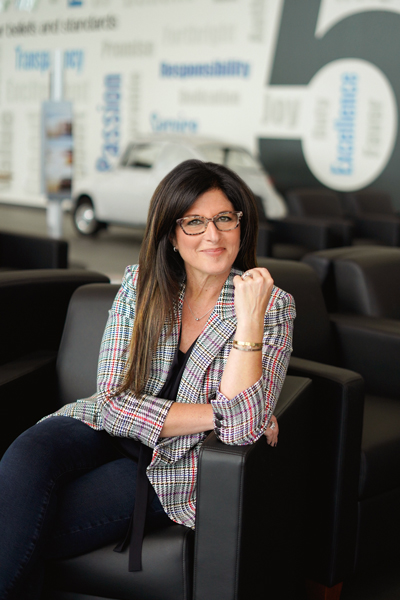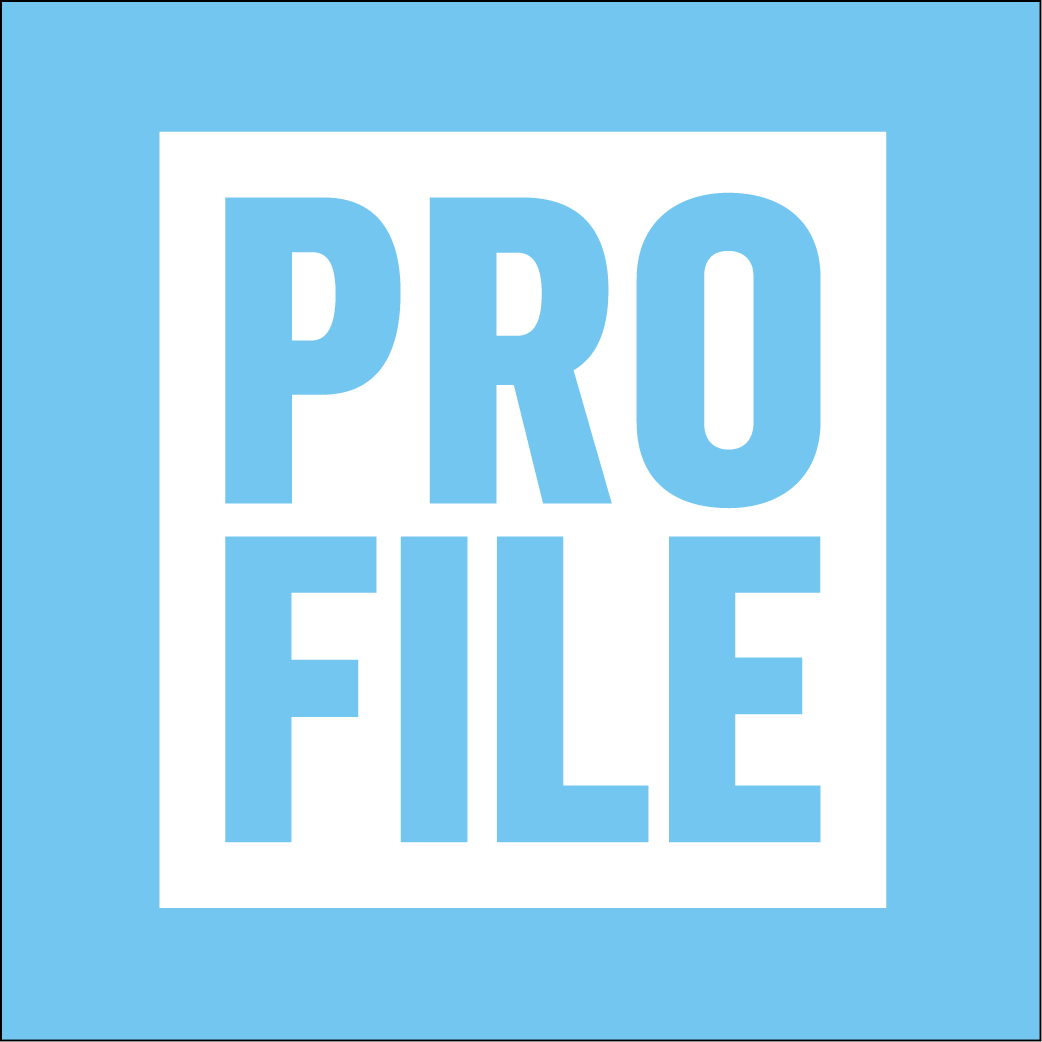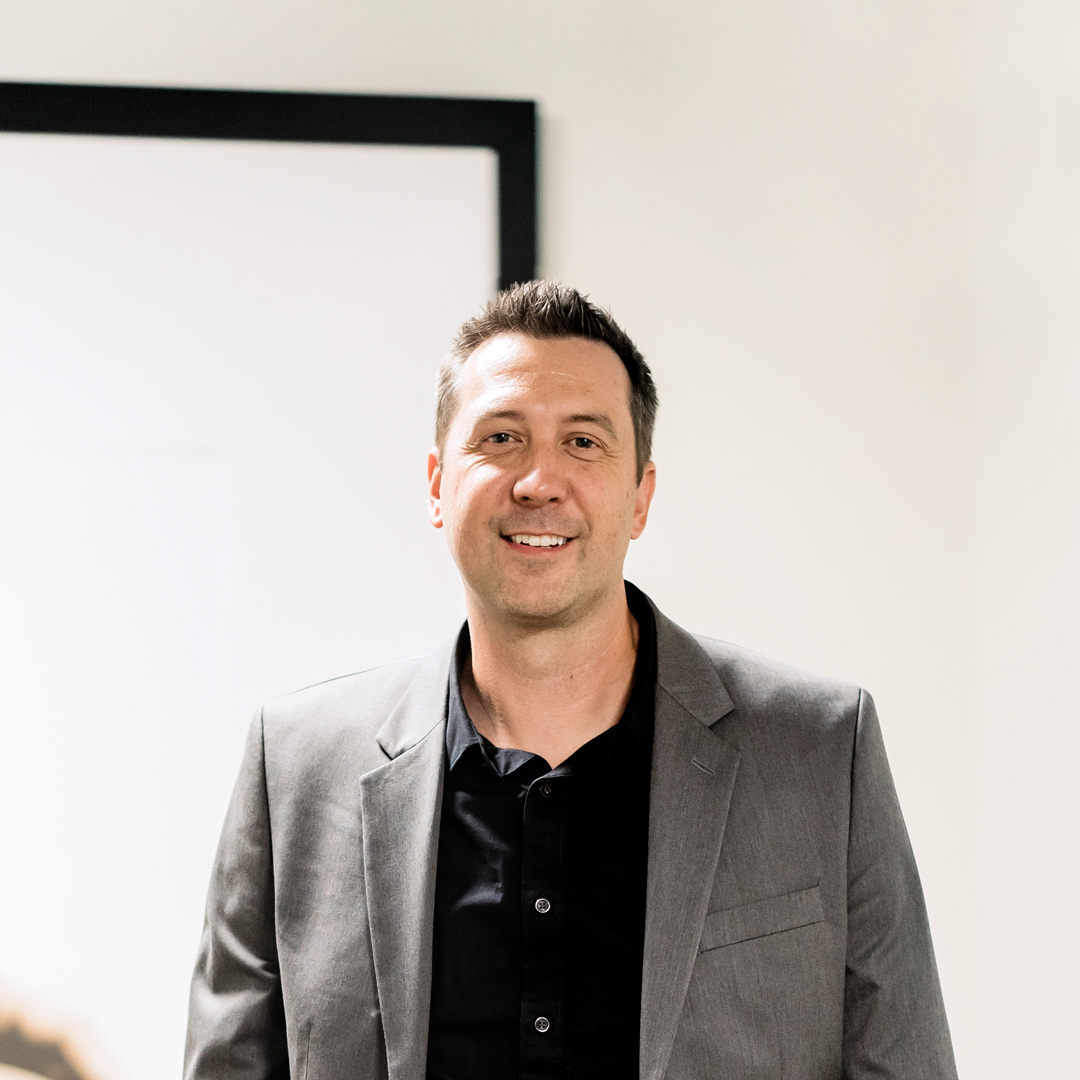|
Getting your Trinity Audio player ready... |
For Sherry Schultz, a career in human resources truly was a calling. Growing up Jewish, Schultz often attended temple with her grandfather. She recalls on one occasion that a man sitting next to her had quietly rolled up his shirtsleeve during the message. She noticed tattooed numbers on his forearm and tugged on her own grandfather’s sleeve to ask why this man had such a strange tattoo. “I remember it so clearly, my grandfather sat me down after temple under this beautiful tree, and that’s where I learned about the Holocaust,” Schultz explains.
Rather than feeling afraid, Schultz believes that learning about this senseless persecution of her people for their religious identification emboldened a sort of resolve within her. “After that, I vowed to myself, and still continually do, to always respect the journey of others, to always seek to understand, to remind myself that I do not know anyone else’s journey or culture without living it, and to always listen to others’ stories,” she says. “It’s almost like then, in my eight-year-old brain, my HR mind was formed,” Schultz muses.
Though these vows were personal, Schultz has found that they truly come alive in her HR career, especially in her current role as executive vice president and chief human resources officer at Walser Automotive Group.

For Schultz, diversity and inclusion isn’t just a box for HR leaders to tick, it is something to commit your personal and professional life to, which is why it is important for leaders to listen, be empathetic, and be willing to learn at all times.
“As HR leaders, we are responsible for helping our employees find meaning in all that they do,” she explains. “We have to listen, individually, to employee needs. If we aren’t listening and aren’t empathetic of their situations, how could they feel as if there is any purpose to what they do at the organization?” It is this type of mentality that has helped Schultz to implement offerings and programs to her diverse workforce that both help and empower employees.
“We have to pulse check our people and find the things that keep them engaged,” she explains. Cue benefits like paid maternity/paternity/adoption leave or programs such as Women of Walser or Drive With Pride. “Women of Walser found its way into the company after I recognized that many of the fantastic women I met at the company needed more support—they needed guidance on how to build their careers or how to overcome some of the paternalistic challenges in the automotive industry,” Schultz explains.
So, Schultz went to the CEO of Walser to figure out how to implement female representation on the sales floor and how to boost female participation within the industry at large. “The history of women in automotive is fixed at best—women have always felt really isolated,” she explains. “So, we started small. It started out as giving the women within our company a network, or really, a community. Now we have four female directors, and we are working on integrating women into every level of sales at Walser.”
“If we aren’t listening and aren’t empathetic of their situations, how could they feel as if there is any purpose to what they do at the organization?”
Inclusion goes beyond gender, and Walser’s Drive With Pride aims to address inclusion from the LGBTQ+ perspective. “This platform really focuses on education. This includes using the right pronouns or, from a trans perspective, using the correct vernacular so we are going to focus on using the right language,” Schultz says. “We want to work on allyship. When people feel like they have a company that will engage with them on something that is so personal, the exchange becomes authentic—it’s more than just an initiative.”
To Schultz, diversity in both thought and action should be a main driver for any leader. “Diversity is informed by the culmination of our life experiences up to that moment, and I think that also informs my leadership style,” Schultz posits. She understands and acknowledges that she is always learning and changing and credits her HR successes to that growth. “I genuinely feel that the leader I am today is vastly different to the leader I was twenty years ago, and that’s a good thing!” she says with a laugh.
In addition to growth, Schultz also believes that vulnerability as a leader has added to her success in the HR space. “Once I realized that it wasn’t about if I would fail, rather it was about when I would fail, vulnerability came into the picture,” she says. “I was able to recognize when I wasn’t at my best and to learn from it. Ultimately, as a leader, I need to teach and to be taught, both from the business side and the human side.”

